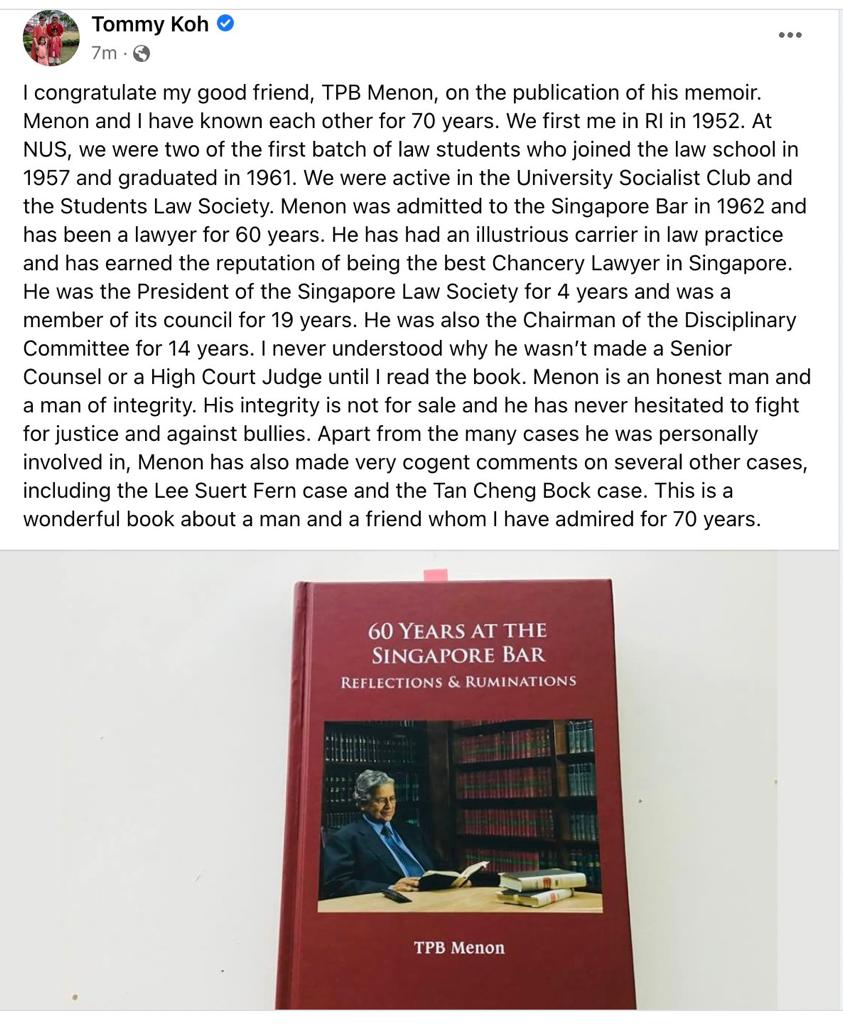While the controversy generated by the recent hanging of convicted Malaysian drug trafficker Nagaenthran K. Dharmalingam (Nagen) seems to be fading, something has surfaced which may put the issue of the mandatory death penalty and its possible pitfalls back in the spotlight.
According to new reports, an innocent Australian holiday-maker was arrested at Changi Airport and charged with trafficking an amount of cocaine punishable by death. 64-year-old Sydney businessman, Philip George Sceats languished in Changi Prison for the next 353 days, under the pall of the capital charge.
Facing the spectre of the hangman’s noose, Sceats’ plight could not be more dire. Fortunately for him, his family had the means, influence, and determination to save his life. They engaged a well-known Singapore criminal lawyer to defend him against the capital charge. They also hired a team of high-credentialed private investigators and consultants to find evidence that would convince the Singapore authorities that he was innocent of the charge and that he had been set up by persons unknown. Sceats’ high-powered team included former high-ranking police officers from three different Australian states.
The team took stock of the many things in Sceats’ case that did not add up. Luckily for Sceats, he was eventually released.
This case illustrates the fallibility of any system. Not because the system is bad, but because humans make mistakes and the system must make allowances for human error, unconscious biases, and such like. No matter how good a system is, to err is human.
Should we have a mandatory death penalty when the consequences of a mistake are irreversible?
Sceats was only able to save his life because he had the means to do so. Many of our convicted drug traffickers are from poor backgrounds without the knowledge or the resources to fight. Does this mean that their lives are less valuable?
While none of us would feel comfortable saying this. The effect of the mandatory death penalty is that some lives will be, in effect, more valuable than others.
I am not criticising the system. It was designed perhaps at a time when this was thought necessary and with the best of intentions to keep Singaporeans safe. However, if it is subsequently revealed that mistakes have unwittingly been made, shouldn’t we consider releasing some of our attachments to what we thought had worked in the past?
Was our system really designed to catch someone with a low IQ like Nagen? Or someone like Sceats who was just a hapless tourist?
Related to this, anti-death penalty activist, Kirsten Han, has said that she has been harassed for her stance against the death penalty. In her Tweet, Ms Han said: “I have been smeared, harassed, investigated, and on Friday the police took the shirt off my back”.
It is of course terrible that Ms Han had to go through any of this. I do wonder though if we can create a space between the anti and pro-death penalty to find some common ground.
I think that we can all agree that we want to create a safe environment for people, and where we disagree is the how. In that regard, the Government is not the enemy. It may just be holding on to a system that is the legacy of another era.
In the same vein, the Government should also see that the activists, such as Ms Han, are not the enemy. They simply want those in power to acknowledge that the system is imperfect as it is and that mistakes have been made.
So perhaps, at this point, the discussion should not be binary and limited to whether or not the death penalty is wrong or right, but rather, what we can do to ensure that our judges have more discretion to exercise their discernment.
Those who have been in the heart of our justice system seem to have acknowledged that the system isn’t perfect.
Veteran lawyer TPB Menon has recently published his memoir on his 60 years at the bar. Among other things, he talked about some of the more notable cases, such as that which was made against Lee Suet Fern over the will of late Prime Minister Lee Kuan Yew (LKY). Mr Menon observed that LKY’s legacy was never his marital home but his political acumen and statesmanship, and that fighting over his home was perhaps missing the point. In that vein, it may well be that Mrs Lee was dragged into something that she should never have been dragged into because we confused LKY’s legacy with his home.

While Mr Menon was an illustrious lawyer, it was noteworthy that he was never made a High Court Judge or a Senior Counsel. Professor Tommy Koh posted on his Facebook page that he never understood why Mr Menon was never promoted until he read his book.
Could Professor Koh be implying that politics had something to do with legal promotions?
At the end of the day, no system is perfect, and it is important to acknowledge that Singapore is a safe and stable place to live in. Is it perfect? No. But is it so terrible? No. Is the system perfect? No. Does it make mistakes? Yes. Can it improve? Yes.
But for this to happen, we have to realise that the Government is not the enemy and the Government has to acknowledge that campaigners and activists are not the enemies either.
Let’s look for the space in between.
The book is available in major bookstores and you can get a copy from the publisher – email Ms Janice Ng of APD at janice@apdsing.com to buy copies.

